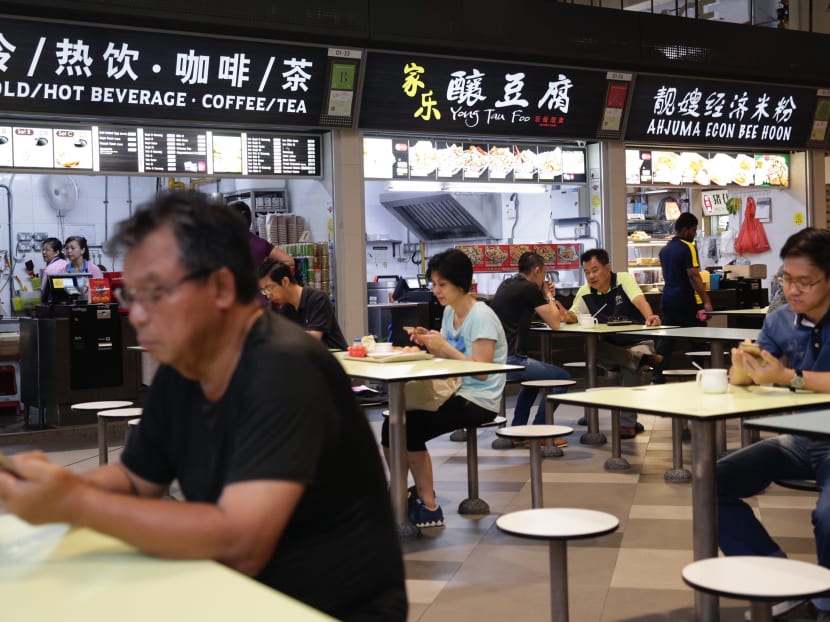Singapore hawkers are not short on intelligence
In the discussion on social enterprises running hawker centres, the abilities of the hawkers and stallholders seem to have been obfuscated, treated as if they are completely devoid of any intelligence (“The Big Read: Grumbling and rumbling at social enterprise hawker centres — what’s the rub?”; Oct 20).

Market traders and hawkers are not unintelligent, says a TODAY reader. They knew exactly how long to trade to maximise profits. They ensured good value, service and quality because they knew customers voted every day with their feet and wallets. “Quality control” by some office-bound executive was unnecessary.
In the discussion on social enterprises running hawker centres, the abilities of the hawkers and stallholders seem to have been obfuscated, treated as if they are completely devoid of any intelligence (“The Big Read: Grumbling and rumbling at social enterprise hawker centres — what’s the rub?”; Oct 20).
My father was the “jhee yoke loh” (literally, Cantonese for “pork man”, or pork seller) at the Alexandra Road market.
He and his fellow stallholders and hawkers might have been illiterate, but they were able to organise themselves when needs arose in their community.
Take, for example, the extravagant events that were organised during the annual Hungry Ghost Festival, complete with famous wayang troupes and noisy auctions that funded such entertainment in the neighbourhood.
Then, when Singapore adopted the metric system of measurement in the 1970s, my father was able to convert mentally the traditional measurements they were using, such as “kati” and “tahil”, into metric units.
Market traders and hawkers are not unintelligent.
They knew exactly how long to trade to maximise profits. They ensured good value, service and quality because they knew customers voted every day — not once in five years like our General Election — with their feet and wallets. “Quality control” by some office-bound executive was unnecessary.
They were fully capable of organising themselves to resolve pressing issues such as dish collection and dishwashing.
Two things they could not do were to maintain the fabric of the buildings (and its environs) and attract younger hawkers. The former is the responsibility of the landlord. The latter involves “marketing” and “education”.
Is it fair to expect hawkers who have spent a lifetime teaching their children not to take after their profession (because it was seen as not socially mobile), to fund the training of a new generation of “hawkerpreneurs”?
If this Government wants more “hawkerpreneurs”, it should redouble its efforts. Do not shunt these responsibilities to hawkers under the guise of “social enterprise”.
Under the social enterprise model used by the National Environment Agency (NEA), the article stated that operating surpluses are to be shared among its stakeholders “such as the stallholders, the manager and the NEA”.
Why should NEA profit further from the blood, sweat and tears of the hawkers that they have left in the hands of private businessmen?
There are people who wish to become hawkers, no doubt. Adjust the rental charges and you will get your hawkers. It’s not rocket science.









